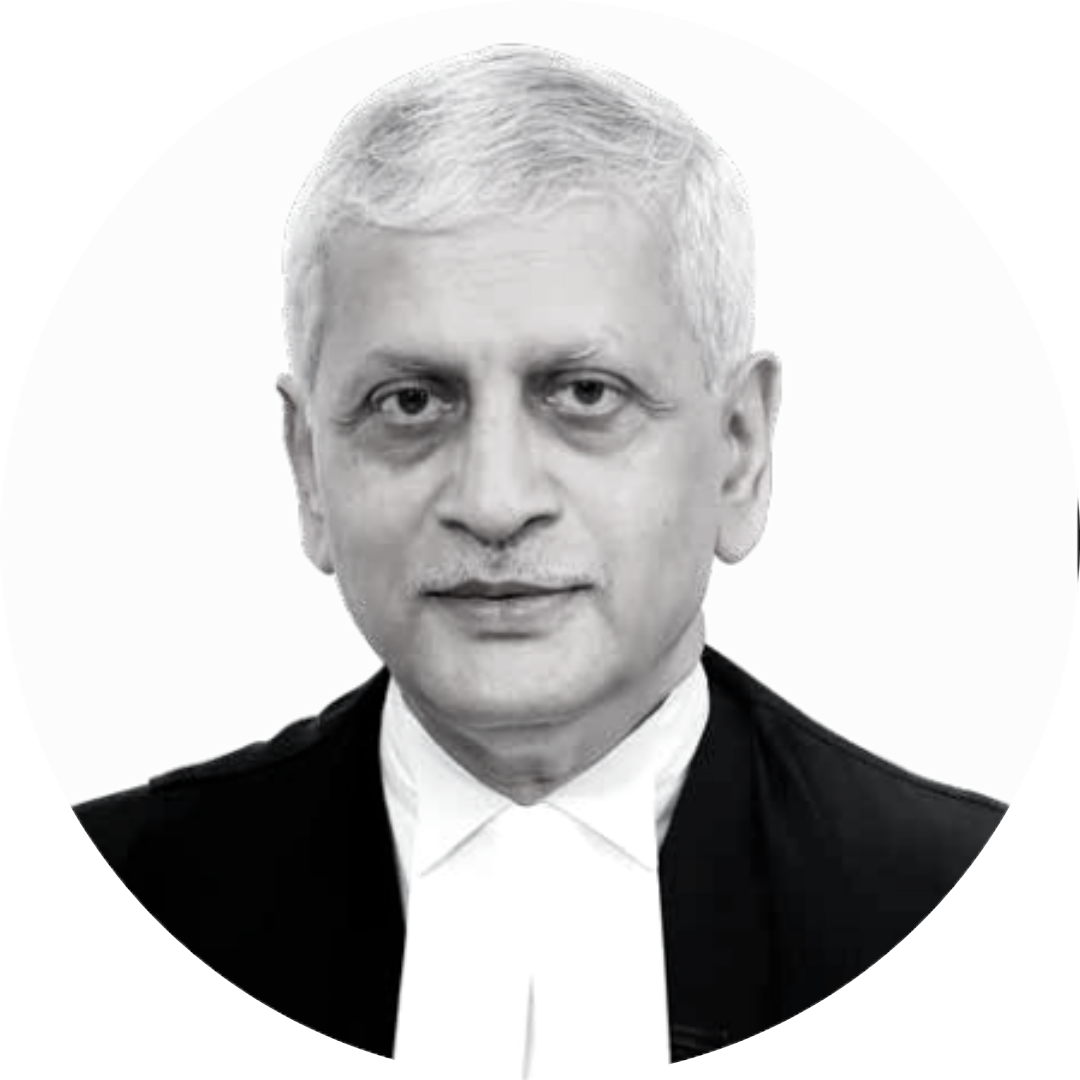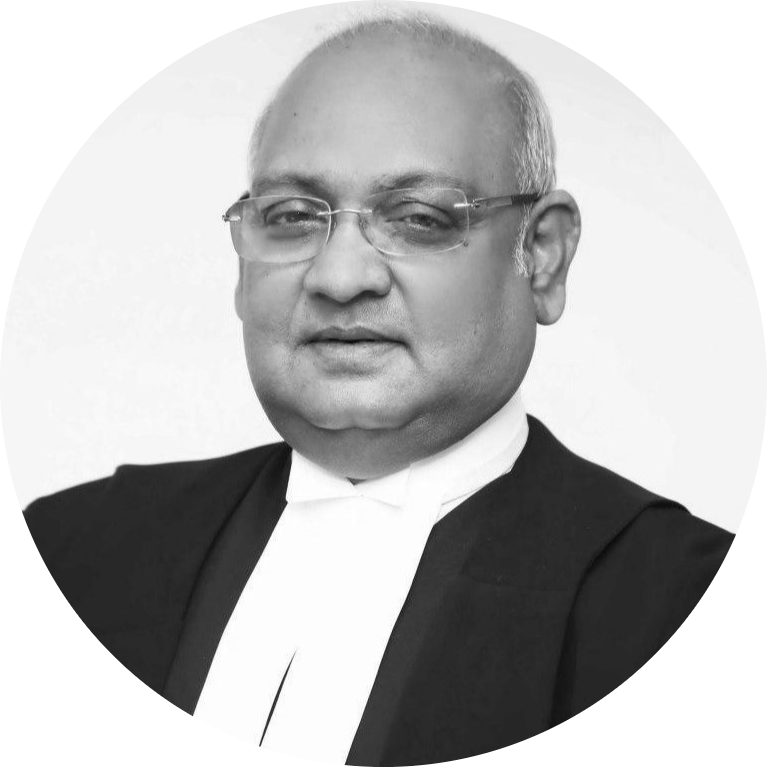Muslim Quota Reservations in Andhra Pradesh
State of Andhra Pradesh v B. Archana Reddy
The SC will decide the validity of the Andhra Pradesh government’s 2005 decision to grant 5% reservations in educational institutions and public services to the entire Muslim Community
Pending
Parties
Petitioner: State of Andhra Pradesh, State of Andhra Pradesh Principal Secretary to Government Backward Classes Welfare Department, State of Andhra Pradesh Principal Secretary to Government Minority Welfare Department, State of Telangana Principal Secretary Welfare Department.
Lawyers: Mahfooz Ahsan Nazki, G.N. Reddy
Respondent: B. Archana Reddy
Lawyers: D. Mahesh Babu, Kamini Jaiswal, K.N. Rai, Vipin Kumar Jai, Lawyer S Knit & Co.
Impleader: All India Railway Station Non-Departmental Restaurant
Lawyers:
Case Details
Case Number: C.A. No. 7513/2005
Next Hearing:
Last Updated: September 7, 2022
Case Description
On June 20th, 2005, the State Government of Andhra Pradesh issued the Andhra Pradesh Reservation of Seats in the Educational Institutions and of Appointments or Posts in the Public Services under the State to Muslim Community Ordinance, 2005. The Ordinance provided 5% reservation in admissions to educational institutions and appointments to public service offices in the State to the Muslim Community in Andhra Pradesh.
On October 25th, 2005, the Andhra Pradesh State government replaced with Ordinance with the Andhra Pradesh Reservation of Seats in the Educational Institutions and of Appointments or Posts in the Public Services under the State to Muslim Community Act, 2005 (the Act).
The Act was subsequently challenged in the Andhra Pradesh High Court. On November 8th, 2005, a 5-Judge Bench of the High Court held that the reservations were unconstitutional. They stated that the identification of the entire Muslim community in the State as a Backward Class was based on unscientific and defective criteria. It further held that identification of the entire Muslim community as a Backward Class on the sole basis of religion was unconstitutional.
On December 14th, 2005, the State of Andhra Pradesh filed a Special Leave Petition challenging the Andhra Pradesh HC’s decision. On January 4th, 2006, the Supreme Court granted a limited interim stay on the High Court’s verdict and referred the matter to a Constitution Bench. This allowed those persons who had already received admissions in educational institutions or were appointed to public appointments under the Act to continue receiving reservation benefits.
The Supreme Court’s records indicate that a 5-Judge Constitution Bench was constituted in 2016. However, it appears that arguments on merits were not heard by the Court.
On August 30th, 2022, the Supreme Court listed the matter to be heard, along with four other Constitution Bench matters, from the first week of September. A 5-Judge Constitution Bench led by CJI U.U. Lalit stated its intention to hear this case along with the challenge to the 103rd Amendment to the Constitution which allows the Union to provide reservations based solely on economic criteria (EWS Reservations) as both cases dealt with similar issues.
However, on September 6th, the Bench stated that they would decide when to hear the matter after the Bench finished hearing EWS Reservations.





